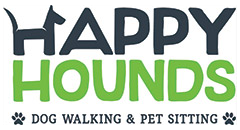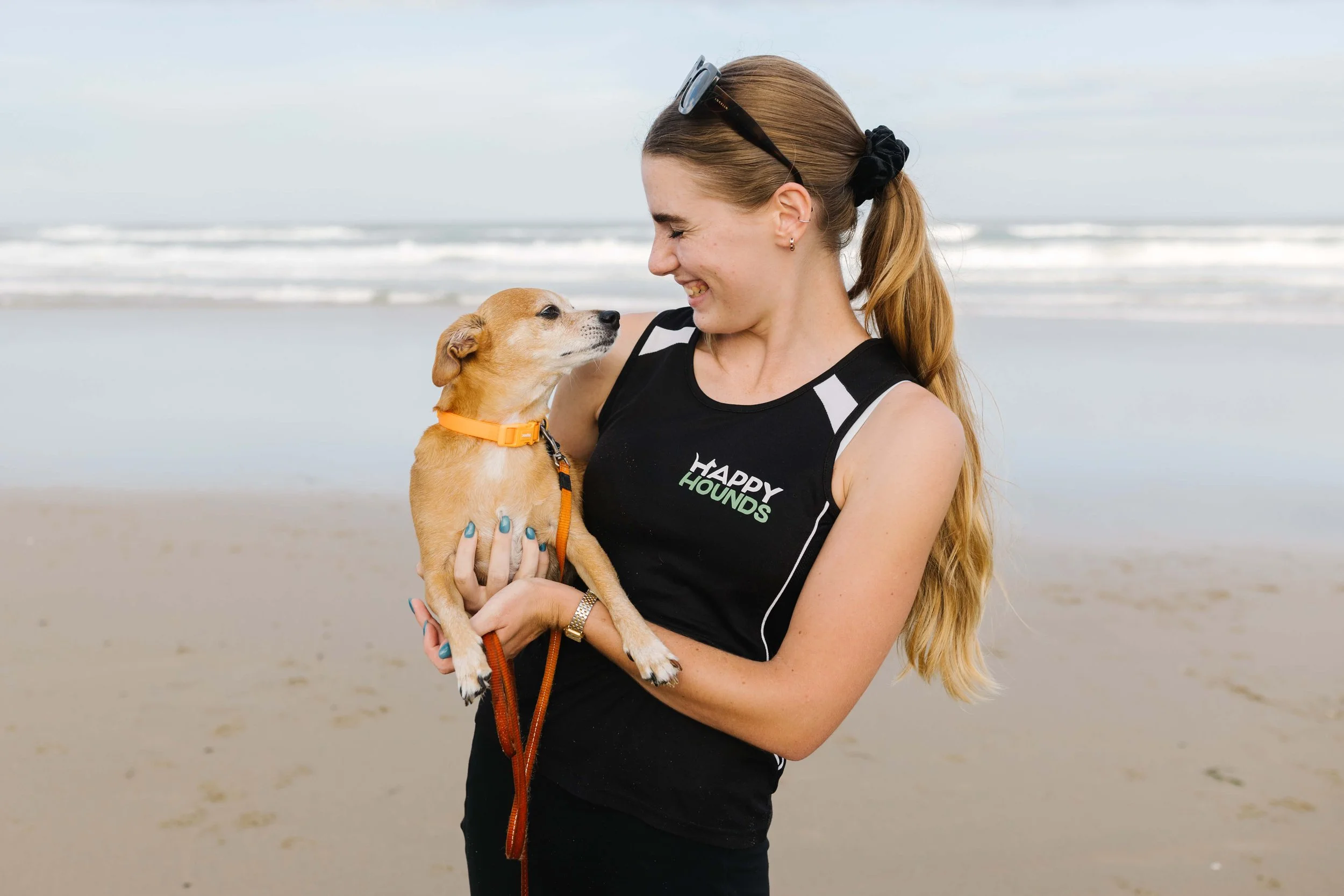Puppy Prep: Ready for Your New Puppy Essential Checklist
Bringing your new puppy home is just the beginning of an incredible journey filled with love, laughter, and unforgettable memories.
It’s an exciting time – you’ve chosen that puppy of your dreams, and in a few days they will be with you. But even if you’ve been through the joys of puppy ownership before, it’s always a good time to pause and make sure you’re ready for your new puppy.
We have put together this handy guide for new puppy owners, with some of the best tips and advice for preparing for your new puppy’s arrival.
Find a vet
You will need to take your puppy to the vet after bringing him/her home for a routine check. Make sure to check with your vet to see what they recommend for your pup specifically, and it’s helpful to schedule the appointment in advance so you’re all set by the time your puppy is home.
Set the Rules
You should set up a household meeting in advance of your new puppy’s arrival, to set a series of rules that everyone can clearly understand, and agrees to follow. Topics for discussion may include;
Where will your new puppy be allowed? Will there be any out of bounds areas?
Whose responsibility will feeding your puppy be? Will you use a roster?
Who will walk/train them?
Where will they sleep?
Where will they be allowed to go to the toilet?
Do Your Shopping In Advance
The following should serve as a rough checklist of items that you may need to purchase in advance of your new puppy arriving. Not all of them will be essential for all dogs, but by using this list you can be sure you won’t be caught surprised with any of their needs.
Dog Bed – be sure you look for one big enough to easily accommodate your puppy’s early growth, but which is going to provide them with enough comfort and snugness particularly in winter. A full-size dog bed will almost certainly be too large for them in their first year (particularly beds designed for larger breeds).
Food and Water Bowls – Choose heavy-bottomed ceramic or stainless steel food and water bowls. Plastic bowls can wind up as chew toys and attract bacteria. A heavy bowl will also be harder for your dog (and you) to knock over by accident.
Dog Collar and Leash or Harness – You won’t be taking your new puppy out for walks until they have had all their proper vaccinations, but you can spend this time getting them used to wearing and walking with their collar and a lead. Nylon or soft leather adjustable collars are recommended, as they’ll grow with your puppy. Adjust the buckle so that you can comfortably put a couple of fingers between the collar and your puppy or dog’s neck, and be sure to check the fit regularly; as you’ll be amazed at how fast they grow. If you have a very small dog, like a small terrier or a toy breed you might prefer to use a dog harness instead, which helps protect the delicate necks of smaller breeds.
ID Tag – they are never more likely to stray from in your home than in those early days. As well as making sure your property is properly escape-proof, it’s a good precaution to arrange for an ID tag to attach to their collar, showing name, and phone number too, so they can be easily returned to you if they do stray.
Chew Toys – Dogs love chewing and a teething puppy will chew anything they can get their jaws around. So if you want to protect your socks and other household items, buy a selection of chew toys for your puppy to test their teeth on instead. Make sure they’re non-toxic, durable and not too tough for puppy teeth. And never leave your puppy alone with anything that could choke them, splinter in their mouth or electrocute them.
Grooming aids – Grooming your puppy is about much more than just good looks and hygiene – it’s also a bonding experience between you and your dog that reminds them of being back with their mother. Speak to your groomer about picking up a comb or a brush and plan daily grooming sessions. Different types of brushes are available for different coat types, so make sure you do your research or ask your groomer what type of brush is most suitable for your puppy. You’ll also need to clip your dog’s nails from time to time, so it’s worth picking up a suitable pair of nail clippers for your dog’s size.
Toothbrush – Dental hygiene can be a major issue for dogs as they age, and we recommend getting them use to the regular use of a dedicated pet toothbrush or finger brush from the earliest possible age.
Food – It may seem obvious, but the last thing you want is to get your pup home and forget to cater for their always present appetite. You should have an appropriate dry or wet food available for them on their first day in their new home. It’s a good idea to try and find out what food they have been eating in their previous home, in order to minimise the change in the new environment.
Puppy-proof your house
Most young puppies love to chew on anything they can wrap their chops around. It’s how they learn to relate to the world around them, and they’re going to be inquisitive about most new objects they come across.
For this reason, it’s important that you keep any objects that are not specifically intended as chew toys totally out of reach of your inquiring young pup.
Stairs, balconies, ponds, and pools should all be out of bounds for an inquisitive puppy. A strategically placed baby stair gate can be effective for setting the boundaries whenever you’re not there to supervise. Baby gates can also serve to protect your furniture or other items from Puppies over-attentive teeth.
Puppies are clumsy and have fragile bones, so a seat on the couch or in a standing child’s arms puts them at risk of injury if they fall or try to jump. It’s best to keep your puppy off tall furniture and have young children sit when holding them until your puppy is less fragile and more coordinated.
You’ll want to do a complete audit of your entire home, looking for ANY potential risks or escape points. The following list is not all things, but a good checklist to make sure you have all of the most common risks to your new puppy covered.
Make sure your rubbish bin is secure – there are all sorts of hazardous nasties lurking in there, and a million fascinating smells to make the bin a place of interest to puppies as well. Try and keep a fully lidded bin in a location that will be inaccessible to your pup.
Secure electrical leads – protect your new puppy from accidental shock, burns to the mouth, or worse, by using sturdy cord covers or deterrent sprays on electric cords, chargers, and power cables.
Secure Household Poisons – from rat poison, slug bait, household cleaners and detergents, types of yard and automotive chemicals, you’ll be amazed once you start to check just how many potentially risky substances you may have around the home, and many safety caps won’t stand up against those sharp puppy teeth. For that reason we recommend that you keep all such substances well out of reach of your dog, and ideally in some sort of secured cabinet. Make sure all your family members are aware of which substances are hazardous so everyone knows not to leave them lying around.
Remove loose medications – medications left lying around the house are one of the most common causes of pet poisoning. Make sure you store all your medications insecure, inaccessible locations.
Check for poisonous houseplants – several common houseplants can cause serious problems, from mild irritation and digestive upset to organ failure and even death if your puppy decides to take a nibble. Some of the most dangerous plants for dogs include many common species of Cycads, Castor Bean and the Autumn Crocus. We recommend googling to see if you have any potentially dangerous plants around your home which should be removed. Also see our previous blog on toxic and unsafe plants for pets.
Book in Happy Hounds to help with your new puppy!
Happy Hounds are here to help with your new puppy. We love to see them settle in and are available to help with:
Daily drop - in visits for toilet breaks, reinforcing crate training, midday feeds and of course lots of cuddles and play.
Overnight stays to keep them company while you are away.
Pet taxi if they need to go to the vet, and when old enough, to the groomers.
We love to see puppies grow into healthy and happy big pups! 🐾
Bringing a new puppy into your home is an exciting time, and having the right supplies on hand can make the transition smoother for both of you. From food and toys to bedding and grooming tools, the right items will help ensure your puppy feels safe, comfortable, and loved from day one.
Remember, each puppy is unique, so as you start gathering your essentials, pay attention to their needs and personality. Whether it’s a cozy bed for naps or a durable chew toy to keep them busy, every little thing you do helps set the foundation for a happy, healthy life together.
As you prepare to welcome your new furry friend, take a moment to reflect on the joy and companionship they’ll bring to your life. With the right gear and a lot of love, you’re ready to embark on this wonderful journey of puppyhood!





